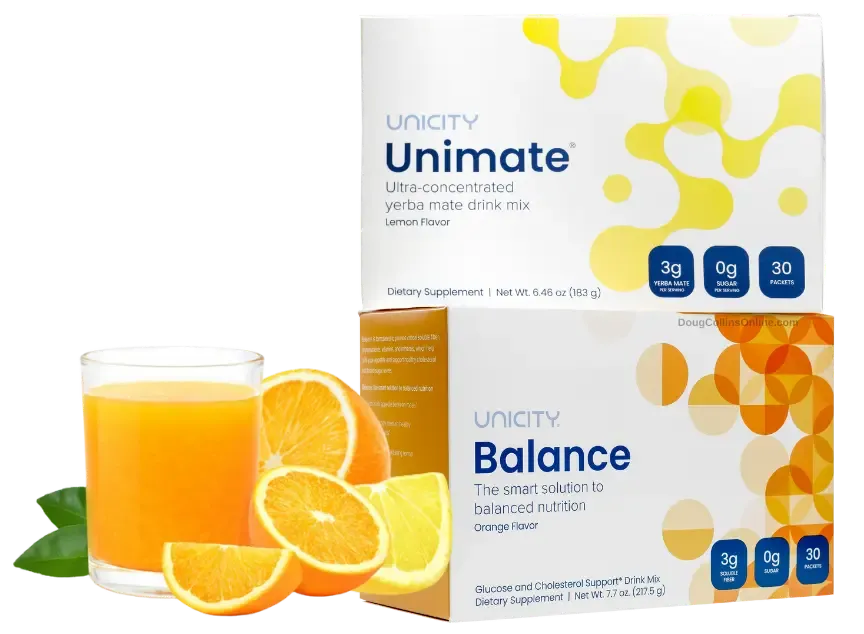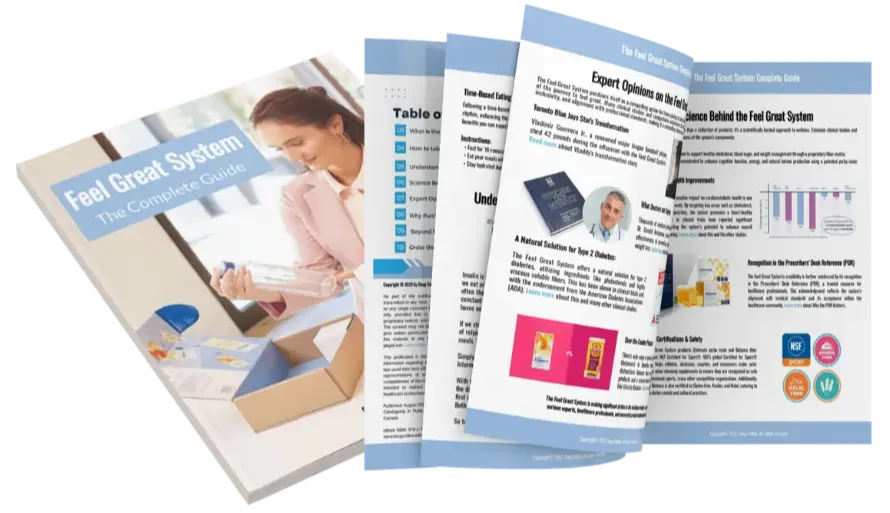Unraveling the Hidden Side of Statins: Increase Insulin Resistance and Diabetes Risk? | Study Finds
Jul 23, 2023
Statins, medications that reduce the body's cholesterol production, have long been favored in the medical community for their role in decreasing heart disease risk.
However, emerging evidence suggests they may contribute to increased insulin resistance.
An extensive review was conducted to investigate the relationship between statin use and insulin intolerance. The findings were quite startling. The review, which encompassed a staggering 46 million participants, discovered that statin use might be interfering with insulin sensitivity, leading to heightened insulin resistance.
Statins: A Double-edged Sword?
Statins have been the first line of treatment for doctors aiming to lower cholesterol levels in patients. However, a systematic review published in Cureus on July 17, 2023, titled "Assessing the Link Between Statins and Insulin Intolerance," provides compelling evidence that should have important clinical implications for healthcare providers managing patients with high cholesterol.
The study reveals that statin use is linked to increased levels of fasting glucose, fasting insulin, and hemoglobin A1c - all signs of insulin resistance. The study also found that people using statins might have a higher risk of developing type 2 diabetes compared to those who aren't using statins.
Balancing Heart Health and Diabetes Risk
This brings up a tough question: How should doctors balance the potential heart health benefits of statins against the risk of triggering diabetes? Doctors have a lot to consider, like how likely the patient might get heart trouble without statins, the patient's overall health, the type and dose of statins, and if the patient is at risk of diabetes.
Crafting a personalized plan might be the best approach. This could involve choosing statins with a lower chance of affecting insulin's effectiveness, especially in people who are more likely to develop diabetes. And this is where we need to highlight the often overlooked role of fiber. Fiber, which is plentiful in many fruits, veggies, and whole grains, can play a significant role in managing heart health and blood sugar levels. So, why does the medical community only look at statins when dealing with cholesterol?
Turning to Proven Alternatives
While the possibility of statins having more impact on overall health than previously thought is concerning, it's becoming more common to consider other alternatives.
Unicity Balance is one such clinically backed supplement that uses natural ingredients and has proven effective in keeping blood sugar and cholesterol levels steady. It's a blend of soluble and insoluble fibers, vitamins, and minerals. The ingredients in the Balance fiber matrix are designed to block the glycemic load of meals, leveling blood sugars post-meal, and absorb cholesterol, allowing the body to increase HDL cholesterol and reduce LDL cholesterol - the "bad" cholesterol.
The Power of Proven Alternatives
This in-depth study pulls back the curtain on the use of statins and underlines the need to consider other clinically proven natural options, like Unicity Balance, especially for people who might be in the diabetes danger zone.
Statins are the most frequently prescribed medication, with one in every four North Americans over the age of 40 using them. The use of statins has skyrocketed, increasing by over 80% in the past two decades. But, there’s a growing interest in non-drug options due to the unwanted side effects of statin use. Unicity Balance has been well documented with peer-reviewed published papers as a natural, non-drug alternative to statin drugs for hyperlipidemia.
Hyperlipidemia means your blood has too many lipids (or fats), like cholesterol and triglycerides. This condition increases fatty deposits in arteries and the risk of blockages. Sadly, many commonly recommended over-the-counter (OTC) products claim to offer cholesterol-lowering benefits but lack the science to back it up.
- Bempedoic Acid: A New Option for Statin-Intolerant Patients and Unicity Balance as a Natural Cholesterol-Lowering Alternative
- Metamucil Fiber vs. Unicity Balance Fiber Matrix: Which is Better?
- Statin Drugs vs. Unicity Balance: Cholesterol Benefits Comparison
Unicity Balance, formerly known as Bios Life by Rexall, was first developed by scientists at the University of Santa Barbara in 1986 while conducting research using natural fibers to manage serum cholesterol. Now, more than 35 years later, Unicity Balance continues to be the most recommended natural health supplement by doctors and healthcare professionals worldwide.
Unicity Balance has been clinically proven with many studies that are peer-reviewed and published in medical journals. Clinical trials have been conducted on Unicity Balance (formerly Bios Life by Rexall) at leading medical institutions including the Cleveland Clinic, UCLA, Columbia University, Mayo Clinic, and Stanford School of Medicine, to name just a few.
Unicity Balance has been clinically proven to help restore and maintain healthy cholesterol levels in four ways without adverse side effects:
- Helps block the re-absorption of cholesterol from the intestines
- Plant sterols block the absorption of cholesterol from food
- Policosanol reduces cholesterol production by the liver
- Chrysanthemum enhances enzymatic breakdown and helps remove LDL cholesterol from the body
Unicity Balance has been listed in the Prescribers Desk Reference (PDR) since 2002, the go-to resource for physicians requiring information about prescription and non-prescription treatment options. Unicity Balance is referenced as the first recommended course of treatment for the safe lowering of serum cholesterol.
In a long-term clinical trial conducted by the prestigious Cleveland Clinic, considered by many the #1 Heart Institute in the US, Unicity Balance (formerly Bios Life by Rexall) was found to be a safe and effective method to reduce cholesterol, blood sugars, and harmful lipids.
The Cleveland Clinic study proved the effectiveness of Unicity Balance in treating hyperlipidemia. The study was published in 2002 in the highly acclaimed journal, Metabolism (Metabolism, 2002, Vol 51: pp 1166 – 1170).
As we navigate the unexpected twists and turns of managing cholesterol and diabetes risk, it's clear that we need to consider all available options. Unicity Balance, with its proven effectiveness and natural ingredients, offers a promising alternative to statins, particularly for those at risk of diabetes.
Related Articles:
Feel Better Than You Have In Years!



